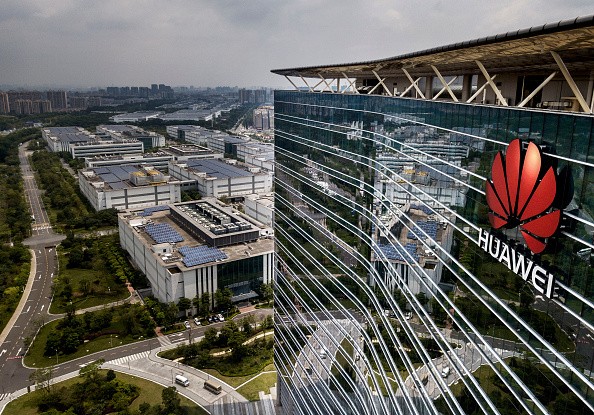Chinese tech giant Huawei Technologies Co is set to stop the manufacture of its flagship chipset, the Kirin line, starting next month, according to local financial magazine Caixin.
Mounting pressure against Huawei and its suppliers have effectively paralyzed the Huawei HiSilicon chip division, which oversees the production of Kirin chipsets. The key component of modern smartphones is the latest casualty in the trade war between China and the U.S.

Restrictions and Sanctions Against Huawei
Back in May, the U.S. Department of Commerce imposed restrictions banning Huawei from using any technology that is American in origins for all aspects of its operations. Commerce Secretary Wilbur Ross explained that the latest sanction against the Chinese tech company is a move to prevent Huawei from exploiting a technical loophole, circumventing prior U.S. sanctions against the tech company.
The adverse effects of the May 2020 ban are already taking form against the tech manufacturer. It has been predicted that the company can see as much as a 20 percent decline in the Western market for Android devices.
In response to the ban, China's commerce ministry is planning to place U.S. companies—including firms Apple, Cisco, and Qualcomm—in an "unreliable entity list."
In a statement, the ministry said: "The U.S. has utilized national power and used the so-called national security concern as an excuse, and abused export controls to continue to suppress some particular companies in other countries."
Allegations of Espionage and the Escalating Trade War
Washington has been exercising its influence to press other governments to cut off the Shenzhen tech firm. The Chinese company has been accused of espionage, building back doors in its telecom networks initially intended for law enforcement use. In its own backyard, the U.S. has been pressuring social media entities like Facebook to allow law enforcement groups to access encrypted messages.
Huawei has categorically denied spying for the Chinese government.
Moreover, the U.S. sanctions have influenced other nations to move against Huawei. The U.K. government included these bans as a factor influencing its decision to cut the Shenzhen-based firm. In a reversal of its previously announced stand, the U.K. said that Huawei will no longer play an active role in its planned 5G infrastructure rollout. Mobile operators are also given up until 2027 to remove all Huawei equipment from their respective rollouts.
One of Huawei's key suppliers and the world's largest semiconductor manufacturer, Taiwan Semiconductor Manufacturing Co (TSMC), has stopped taking product orders from Huawei. The news was first reported by the Nikkei Asian Review.
"TSMC has stopped taking new orders from Huawei after the new rule change was announced to fully comply with the latest export control regulation," an insider told Nikkei. The informant also added that batches already in production will continue, and could provide Huawei with its parts before mid-September.
The tighter ban against the U.S. technological and industrial rival was announced the same day that TSMC reported the prospects of a $12 billion plant in Arizona. U.S. Secretary of State Mike Pompeo said that the TSMC move would "bolster U.S. national security at a time when China is trying to dominate cutting-edge tech and control critical industries."












